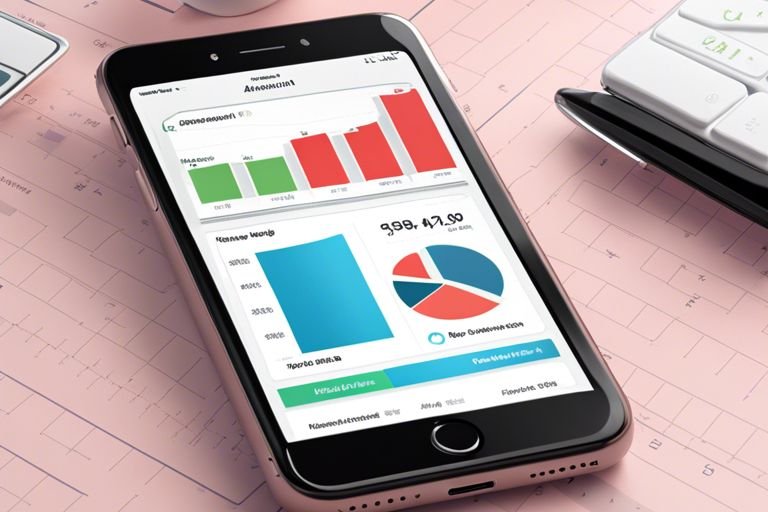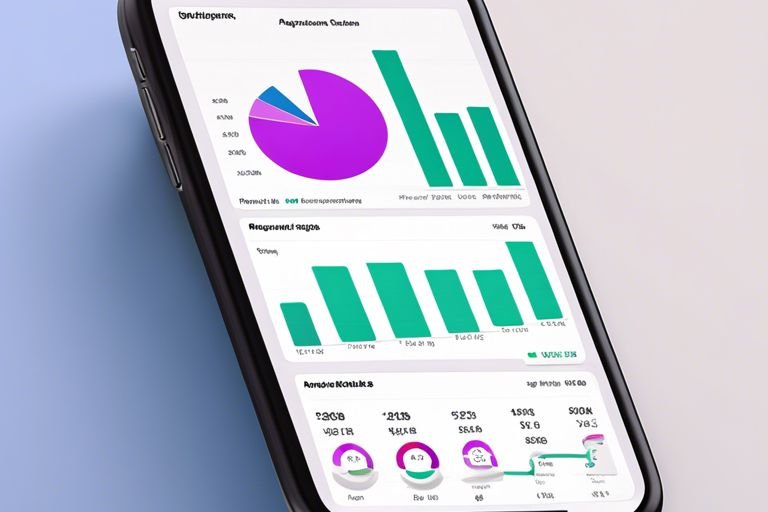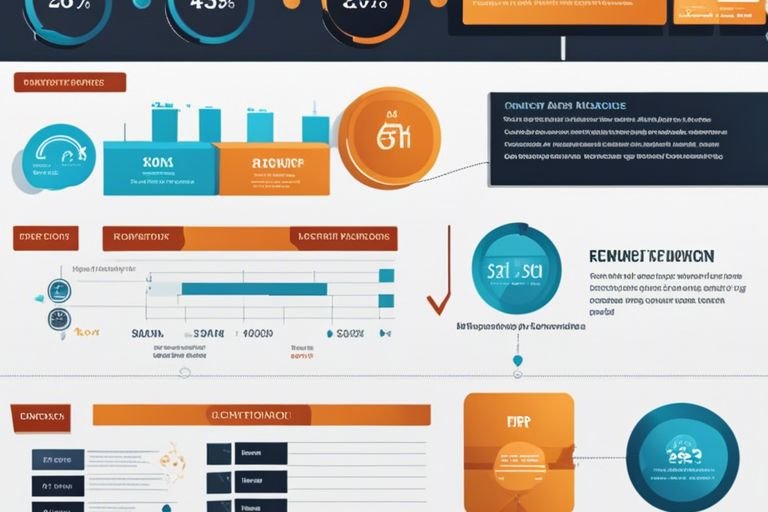How can custom reporting tools in accounting software help businesses make better financial decisions?

Custom reporting tools in accounting software can significantly enhance your ability to make better financial decisions for your business. These tools allow you to tailor your financial reports to meet your specific needs, providing you with critical insights into the financial health and performance of your company. By having access to customized reports, you can quickly identify opportunities for growth, detect inefficiencies in your operations, and forecast future financial trends with accuracy. Whether you need to analyze cash flow, budget allocation, or revenue streams, custom reporting tools enable you to drill down into the details and make informed decisions that will steer your business towards success.
The Advantages of Custom Reporting
To make better financial decisions, custom reporting tools in accounting software offer several key advantages. Tailoring financial reports to your specific business needs and enhancing data accessibility and understanding are two ways in which custom reporting can greatly benefit your business.
Tailoring Financial Reports to Business Needs
When it comes to making financial decisions, having access to tailored reports is crucial. With custom reporting tools, you have the ability to tailor reports to your specific business needs, allowing you to focus on the most relevant financial data. This means that you can easily track key performance indicators, monitor budget adherence, and analyze cash flow in a way that aligns with your unique business goals and requirements.
Enhancing Data Accessibility and Understanding
One of the biggest advantages of custom reporting tools in accounting software is the enhanced accessibility and understanding of your financial data. By customizing reports to display the most pertinent information for your business, you can gain a clear and comprehensive understanding of your financial performance, enabling you to make better-informed decisions. Additionally, the ability to drill down into specific data sets and visualize information through custom reports can provide valuable insights that may otherwise go unnoticed.

Impact on Financial Decisions
Even with the most experienced accountants, making the right financial decisions can be tough without the right information at your fingertips. This is where custom reporting tools in accounting software can significantly impact how you make financial decisions for your business.
Real-Time Data Analysis for Swift Decision Making
With custom reporting tools, you have the ability to access real-time financial data that is crucial for making swift and informed decisions. This means that you no longer have to rely on outdated reports or wait for manual data entry to get an accurate picture of your financial situation. You can analyze the latest numbers, trends, and forecasts at any given moment, allowing you to make timely and proactive decisions that can positively impact your bottom line.
Data-Driven Strategies and Improved Financial Performance
By harnessing the power of custom reporting tools, you can develop data-driven strategies that are based on accurate and up-to-date financial information. This can help you identify areas for improvement, streamline processes, and allocate resources more efficiently. As a result, you can improve your financial performance and ultimately achieve your business goals. Custom reporting tools empower you to leverage your financial data in a way that drives your business forward and helps you stay ahead of the competition.
Case Studies and Success Stories
Now, let’s take a closer look at some real-life examples of how businesses have used custom reporting tools in their accounting software to enhance their financial decision-making processes.
- Case Study 1: A small retail business increased its profitability by 30% after utilizing custom reports to identify and reduce inefficiencies in their inventory management.
- Case Study 2: A mid-sized manufacturing company improved cash flow by 20% by using custom reports to analyze and optimize their accounts receivable process.
- Case Study 3: An international corporation experienced a 15% reduction in operating costs by leveraging detailed financial insights from custom reports to streamline their budget allocation.
Small Business Turnarounds Using Custom Reports
Small businesses often face unique financial challenges and limitations. With custom reporting tools, you can gain valuable insights into your company’s financial performance and identify areas for improvement. For example, by creating customized reports to track key performance indicators like inventory turnover or customer acquisition cost, you can make data-driven decisions that lead to increased profitability and sustainability. In one instance, a small retail business was able to turn a significant profit increase after identifying and addressing inefficiencies in their inventory management through the use of custom reports.
Large Enterprises Leveraging Detailed Financial Insights
For large enterprises, managing complex financial data and making strategic decisions can be daunting. However, custom reporting tools can provide you with the detailed financial insights you need to effectively manage your finances and drive growth. By creating customized reports to analyze cash flow patterns, cost structures, and revenue streams, you can uncover opportunities for optimization and growth. A large international corporation, for example, was able to significantly reduce operating costs by leveraging detailed financial insights from custom reports to streamline their budget allocation and improve overall financial performance.
Integration and Implementation
For businesses, integrating custom reporting tools into their accounting software can be a game-changer. By seamlessly incorporating these tools into your current systems, you can access real-time insights and make more informed financial decisions. The integration and implementation process can be crucial for maximizing the efficiency and effectiveness of these reporting tools.
Steps to Integrate Custom Reporting in Current Systems
When integrating custom reporting tools into your accounting software, it’s important to follow a structured approach to ensure a smooth transition. First, assess the compatibility of the reporting tools with your existing system. Then, identify any necessary data migration or mapping requirements. Next, test the integration to ensure that the data flows accurately and that the reporting tools function as expected. Finally, train your team on how to use the new reporting features effectively and monitor the implementation to iron out any issues that may arise.
Training and Adaptation for Maximizing Tool Efficiency
After the integration process, the next crucial step is to ensure that your team is well-trained and capable of utilizing the custom reporting tools to their full potential. This involves providing comprehensive training sessions that cover all aspects of the reporting tools, including data input, report generation, and analysis. It’s essential to emphasize the importance of accurate data input and interpretation to maximize the tool efficiency. Additionally, it’s important to be open to feedback and have a support system in place to address any challenges your team may face during the adaptation process.
Conclusion
Hence, incorporating custom reporting tools into your accounting software can greatly enhance your ability to make informed financial decisions for your business. By providing you with tailored financial reports that accurately reflect the specific needs and priorities of your company, these tools can help you gain valuable insights into your financial status and performance. Additionally, they can assist you in identifying potential risks, tracking key performance indicators, and forecasting future trends. Ultimately, leveraging custom reporting tools can empower you to make more strategic, data-driven decisions that drive the growth and success of your business.



